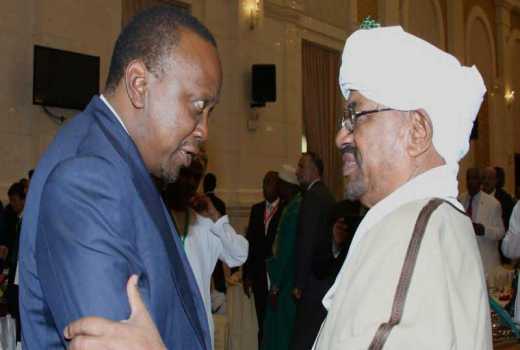×
The Standard e-Paper
Join Thousands Daily

Security officers should arrest Sudan President Omar Al Bashir if he dares step into the country, Court of Appeal has ruled.
In the judgement issued on Friday, Court of Appeal judges Daniel Musinga, William Ouko and Agnes Murgor said Kenya acted in utter impunity for failing to arrest the Sudan leader when he attended the 2010 Constitution promulgation fete.